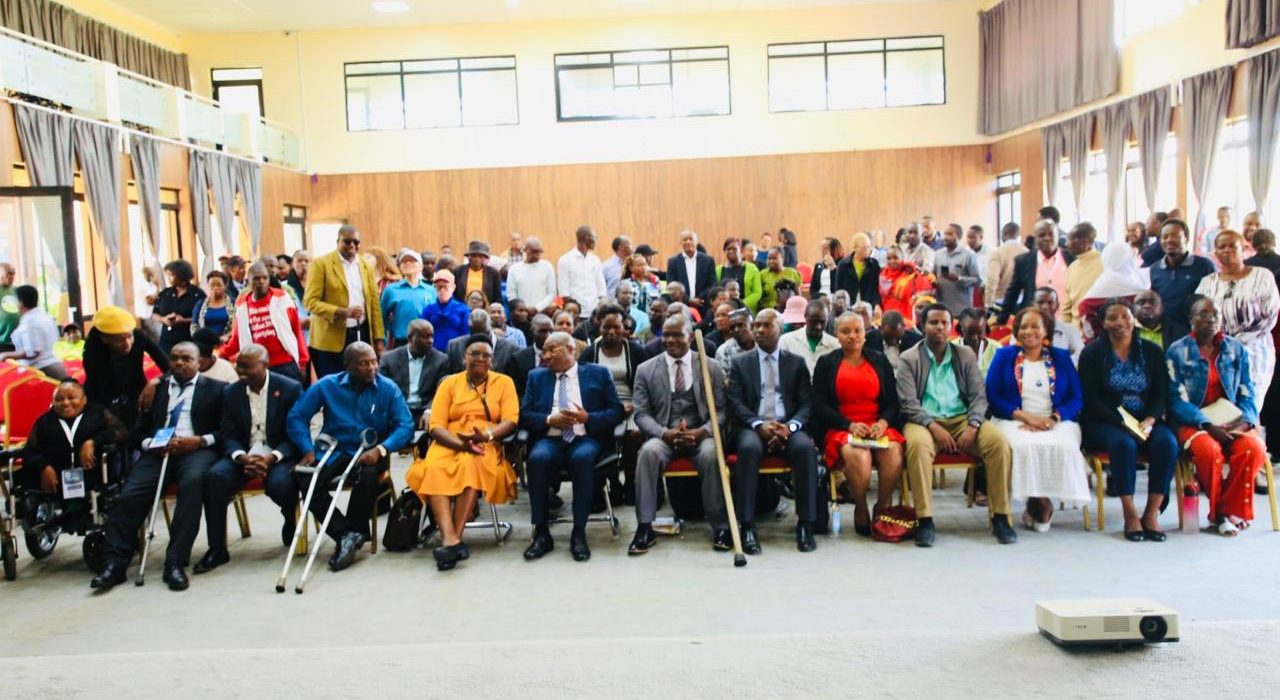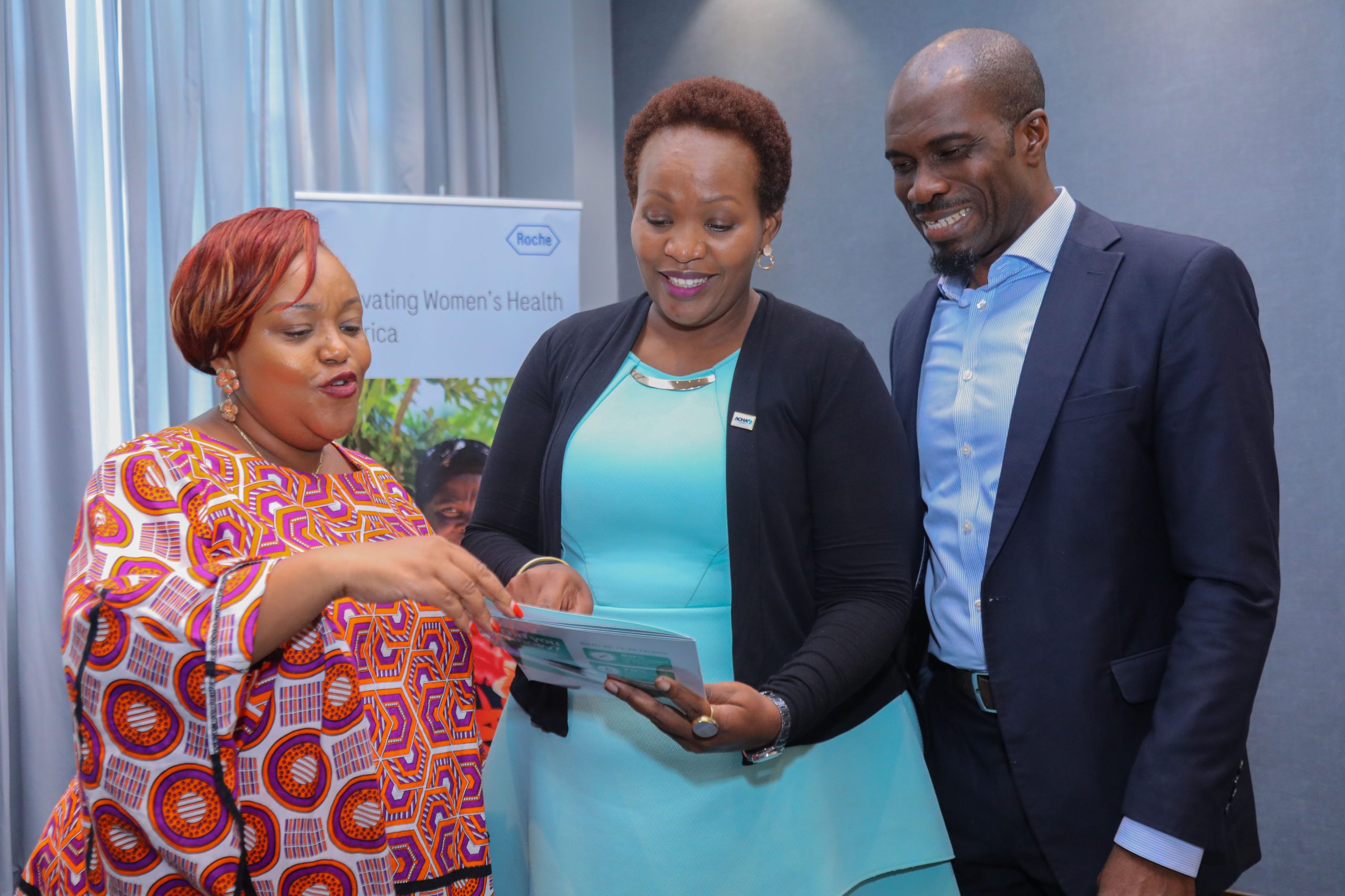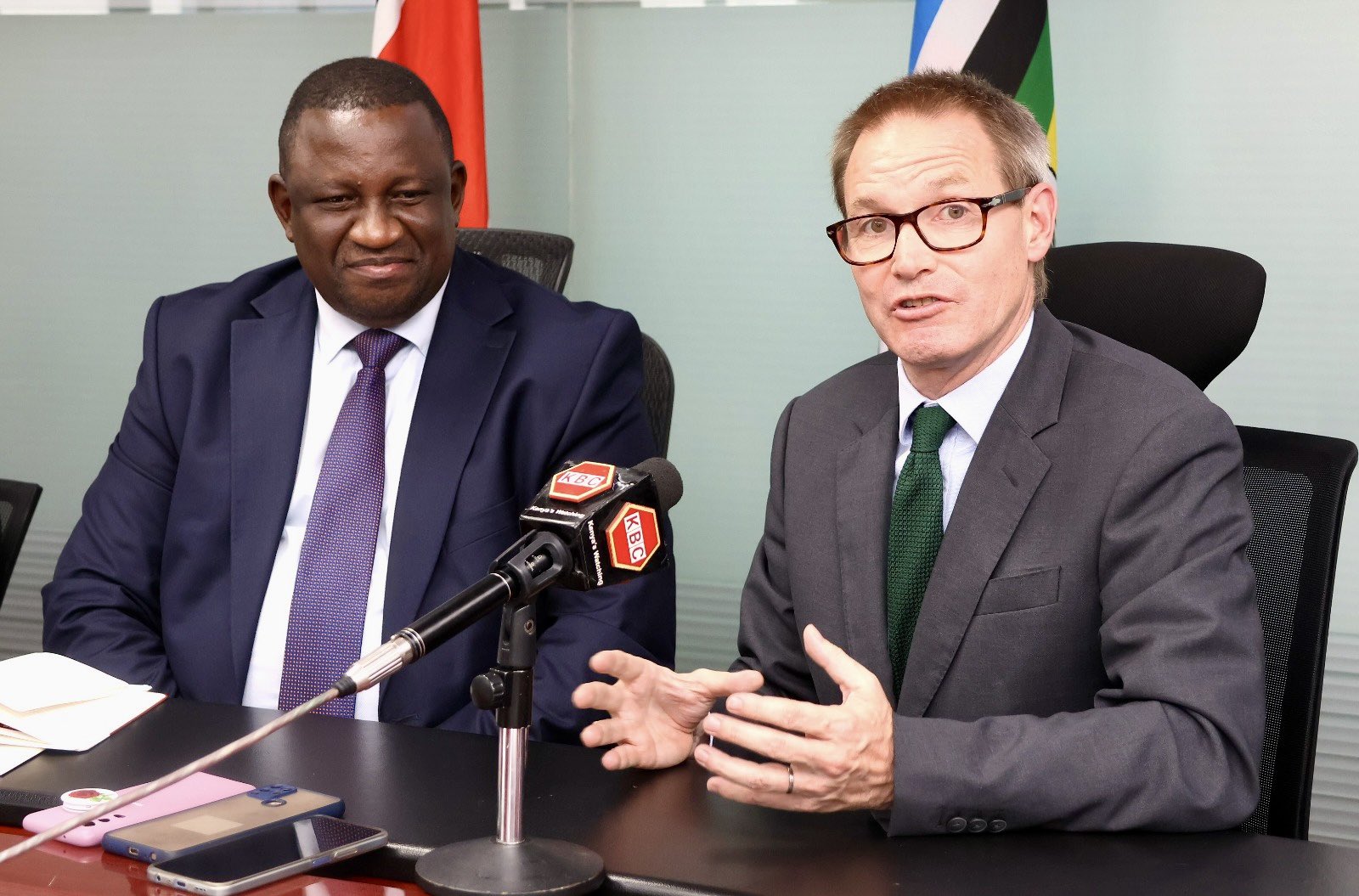By Eddah Waithaka
The National Syndemic Diseases Control Council collaborated with the AIDS Health Foundation, the National Council for Persons with Disability, and various partners to organize a summit aimed at tackling the obstacles encountered by individuals with disabilities in health and HIV initiatives. Hosted at the Kenya Institute of Special Education (KISE), the gathering assembled more than 200 attendees, comprising a mix of individuals from distinct disability communities, government officials, departmental bodies, county delegates, private sector entities, and civil society groups.
The two days conference, titled “Advancing Accessibility in Health and HIV Response for Persons with Disabilities,” concentrated on pinpointing and overcoming the hurdles hindering individuals with disabilities from reaching crucial health and HIV services.
During the press briefing, Mr. Harry Kimtai, the Principal Secretary for Public Health, highlighted the government’s dedication to Universal Health Coverage and underscored the significance of an all-encompassing healthcare framework.
“Inclusion is not just a word, it is a principle that must guide our actions,” the PS said. He highlighted the unique challenges faced by persons with disabilities, including physical and information barriers, as well as stigma and discrimination.
Calling for a unified, multi-sectoral approach to provide effective solutions, he described health sector reforms aimed at establishing a social health insurance model as critical to creating an equitable and inclusive health system that leaves no one behind.
Dr. Ruth Laibon – Masha, CEO of the National Syndemic Disease Control Council, highlighted the complex challenges faced by women and girls with disabilities, including increased risk of sexual violence, HIV, sexually transmitted infections, cervical cancer and various other health issues.
She also praised the disability community for their advocacy and efforts to promote realistic and progressive policies.
Dr. Samwel Kinyanjui, the AHF Country Director, highlighted the crucial role of involving caregivers in health interventions, particularly through the incorporation of mental health services.
He also underscored the significance of public awareness initiatives focused on preventive strategies to address disabilities that may arise from interventions like vaccinations for preventable diseases and efforts to reduce medical errors.
The National Council for Persons with Disabilities highlighted that the summit represents an important milestone by creating a platform to tackle critical issues essential for promoting a healthcare system in Kenya that is inclusive of individuals with disabilities.
As the nation strives to eliminate AIDS by 2030, it is crucial to ensure that all populations are included and no one is overlooked.







